
AI Advisors vs AI Therapists: Who Do We Trust?
I conducted research in the Caribbean Region (St. Kitts & Nevis) asking: "Who would you trust more: An AI Advisor or an AI Therapist?"
Read More →By Sonrisa Watts: A Research Initiative investigating how emotional reasoning, heuristics, cognitive bias and psychological resistance shape Artificial Intelligence adoption in high-stakes fields such as healthcare, law and finance. Our aim is to advance this field of AI & Psychology.
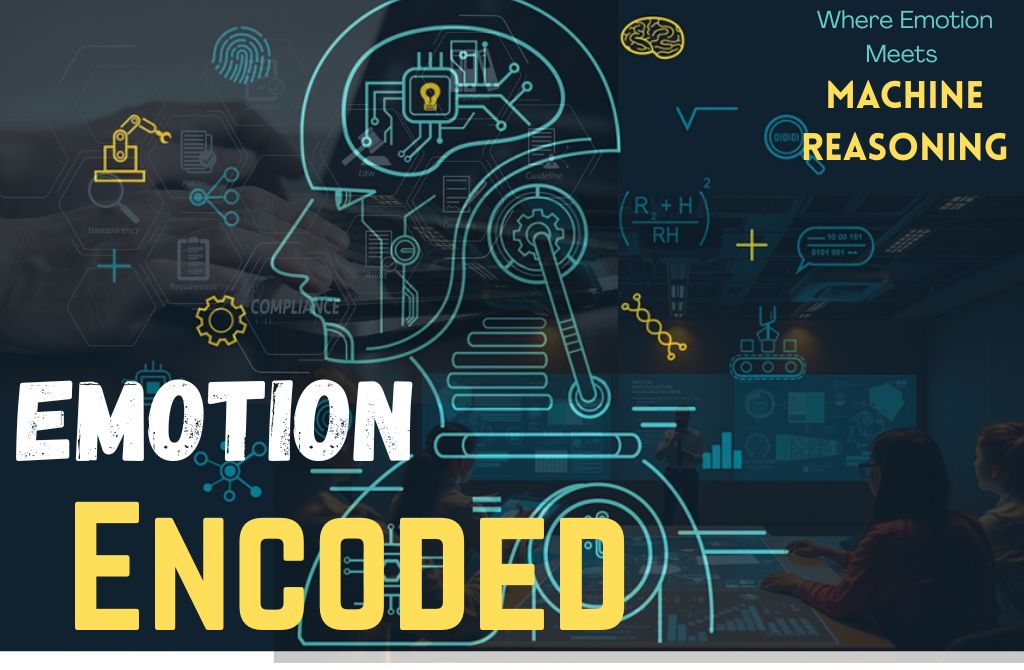
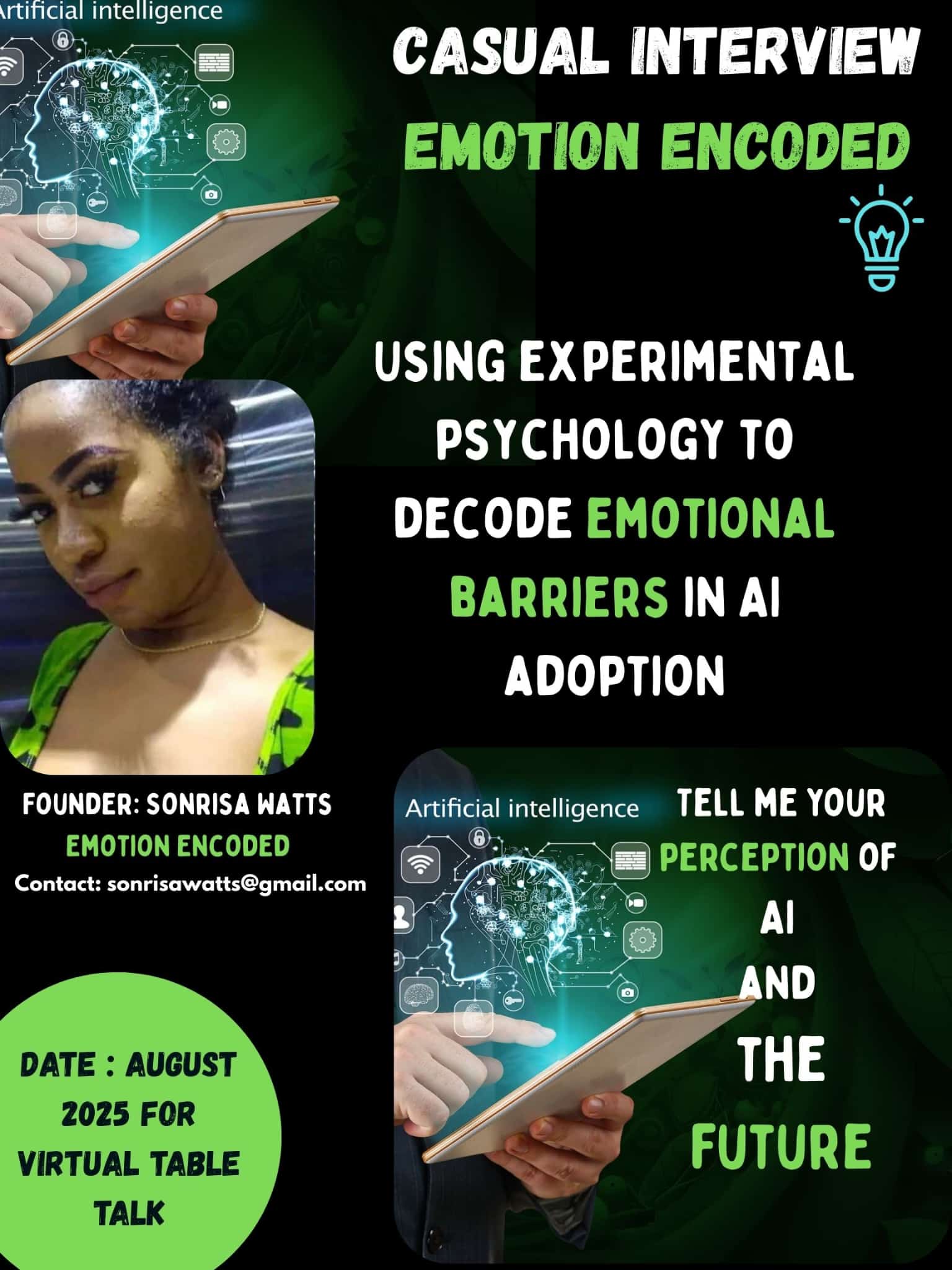
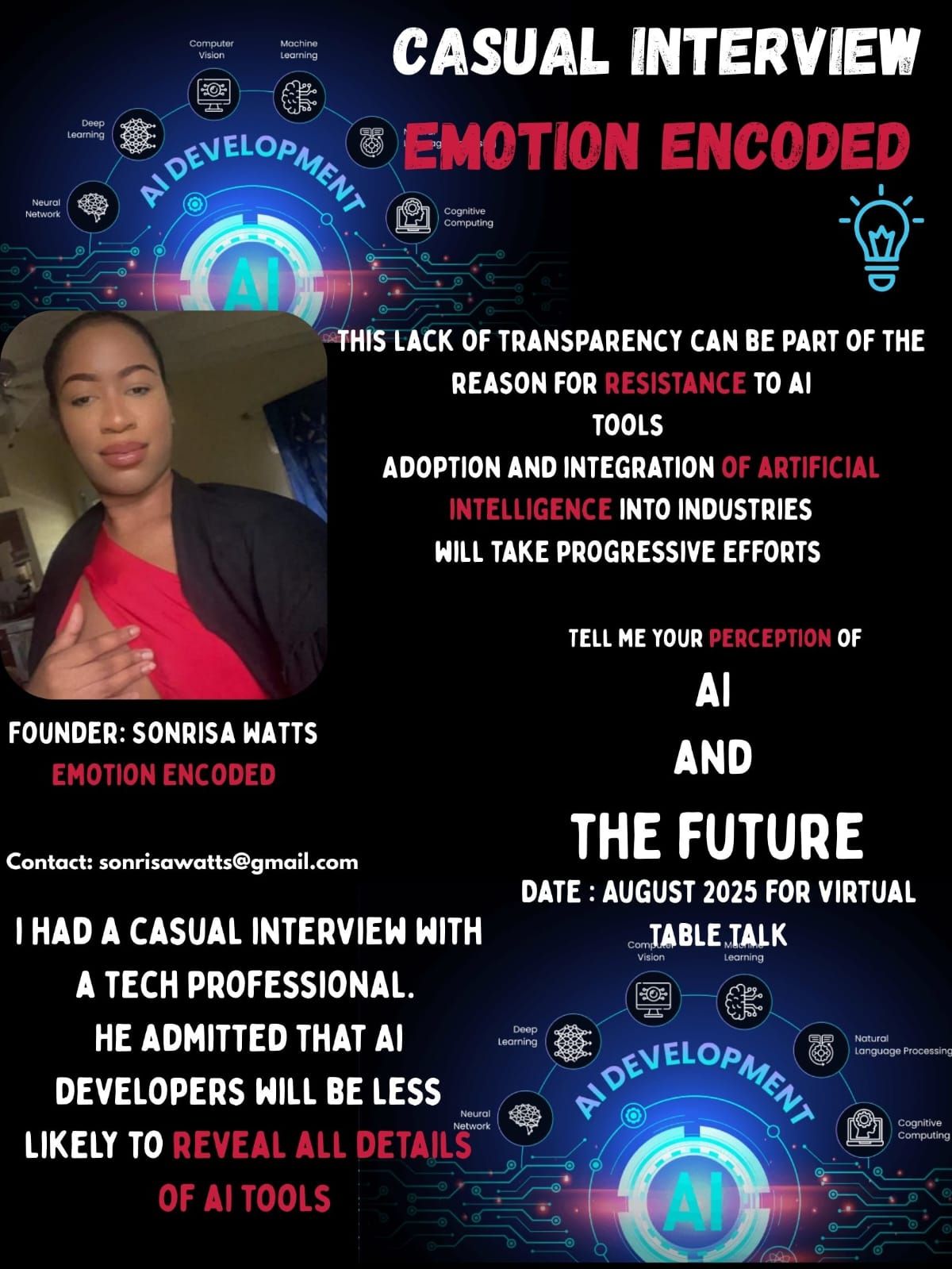
Shaping Artificial Intelligence people can trust by first understanding the psychological factors that shape human perception of it. By conducting interviews with experts in law, medicine/healthcare, finance, and education, and gaining perceptions and insight from the general population, Emotion Encoded helps to align AI systems with the human mind, not just with data, ensuring their effective adoption.
Emotion Encoded investigates how trust, cognitive bias, heuristics, and judgment distortions shape AI integration into high-stakes domains. We are dedicated to using Psychology to Decode Emotional Barriers to AI Adoption.

I conducted research in the Caribbean Region (St. Kitts & Nevis) asking: "Who would you trust more: An AI Advisor or an AI Therapist?"
Read More →
Dr. Warren Grayson, Professor of Biomedical Engineering at John Hopkins University, discusses how AI can augment creativity, predict healing, and the current challenges with datasets in tissue engineering.
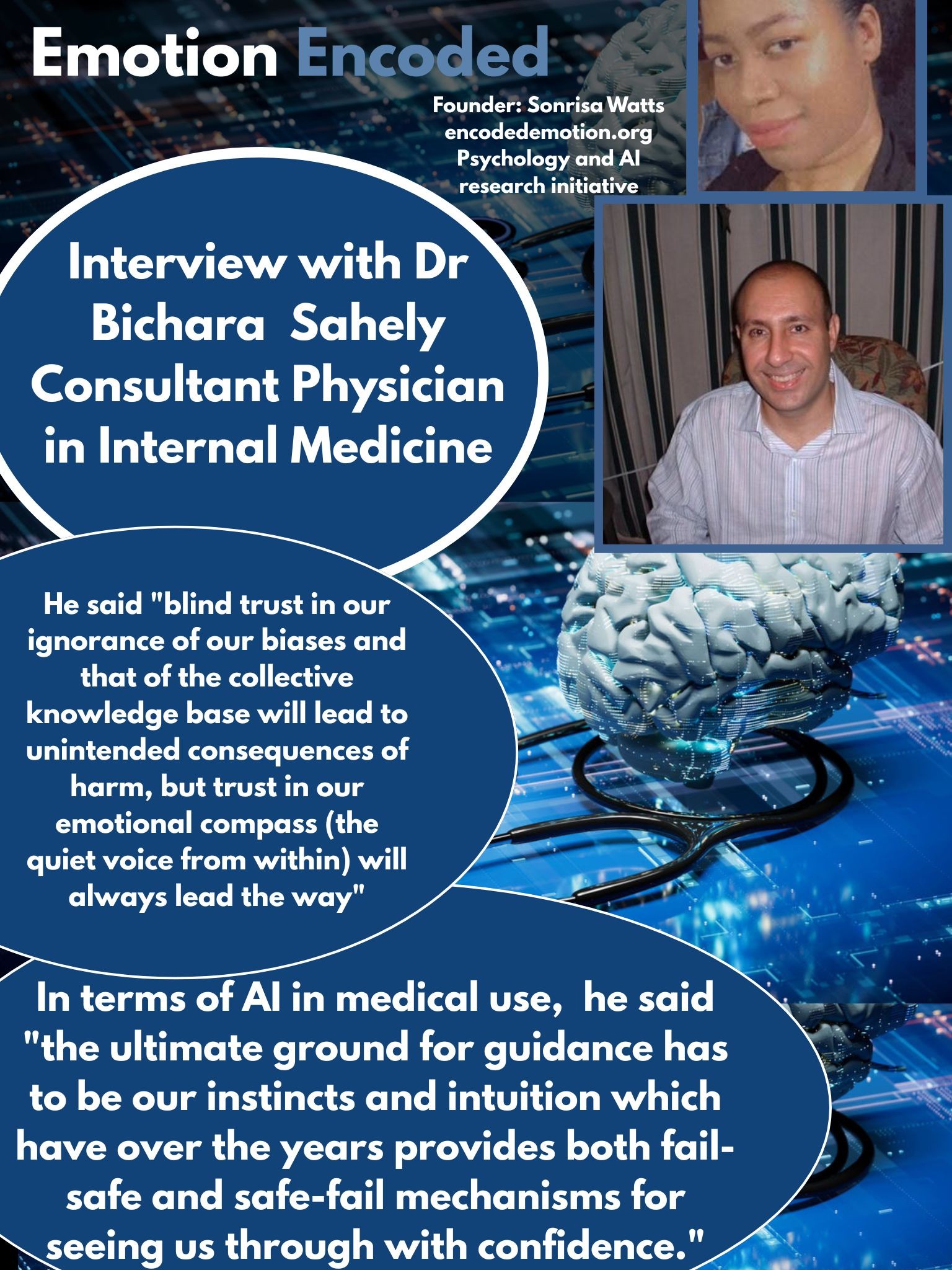
At Emotion Encoded, we ask not just how artificial intelligence works, but how people feel about it.
Read More →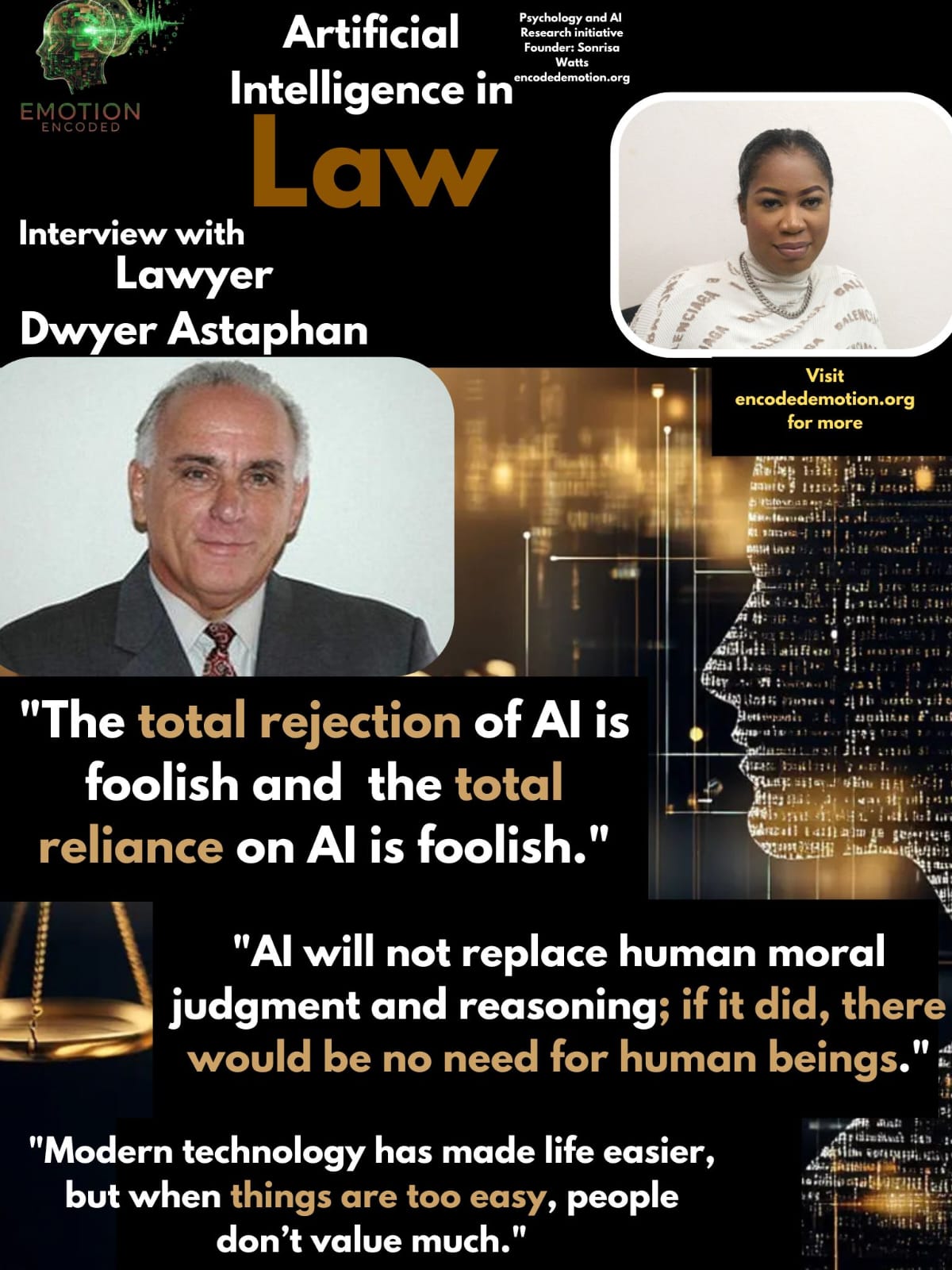
Insights from a Seasoned Lawyer: The Reality of AI
Read More →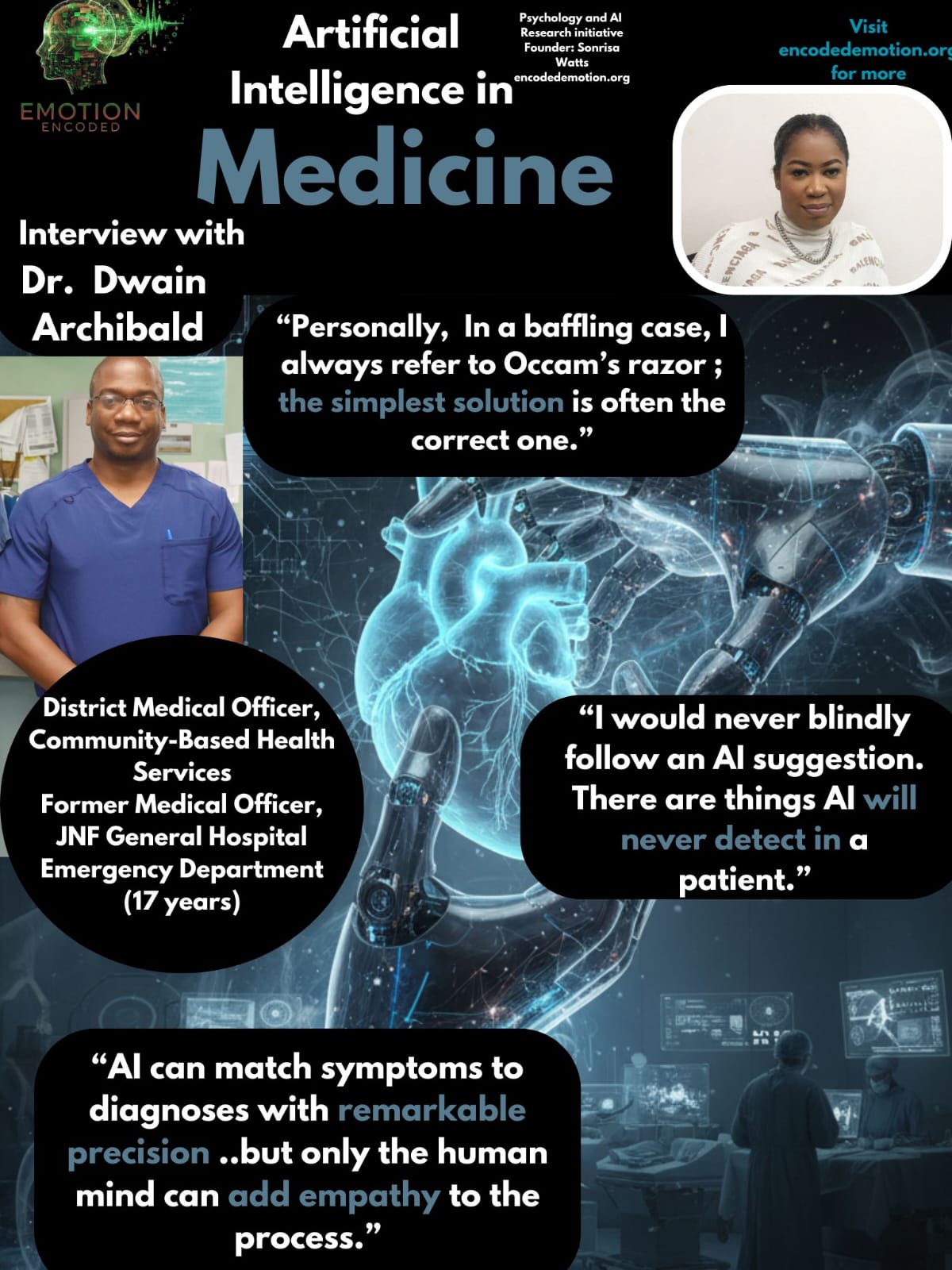
Featuring Dr. Dwain Archibald, District Medical officer
Read More →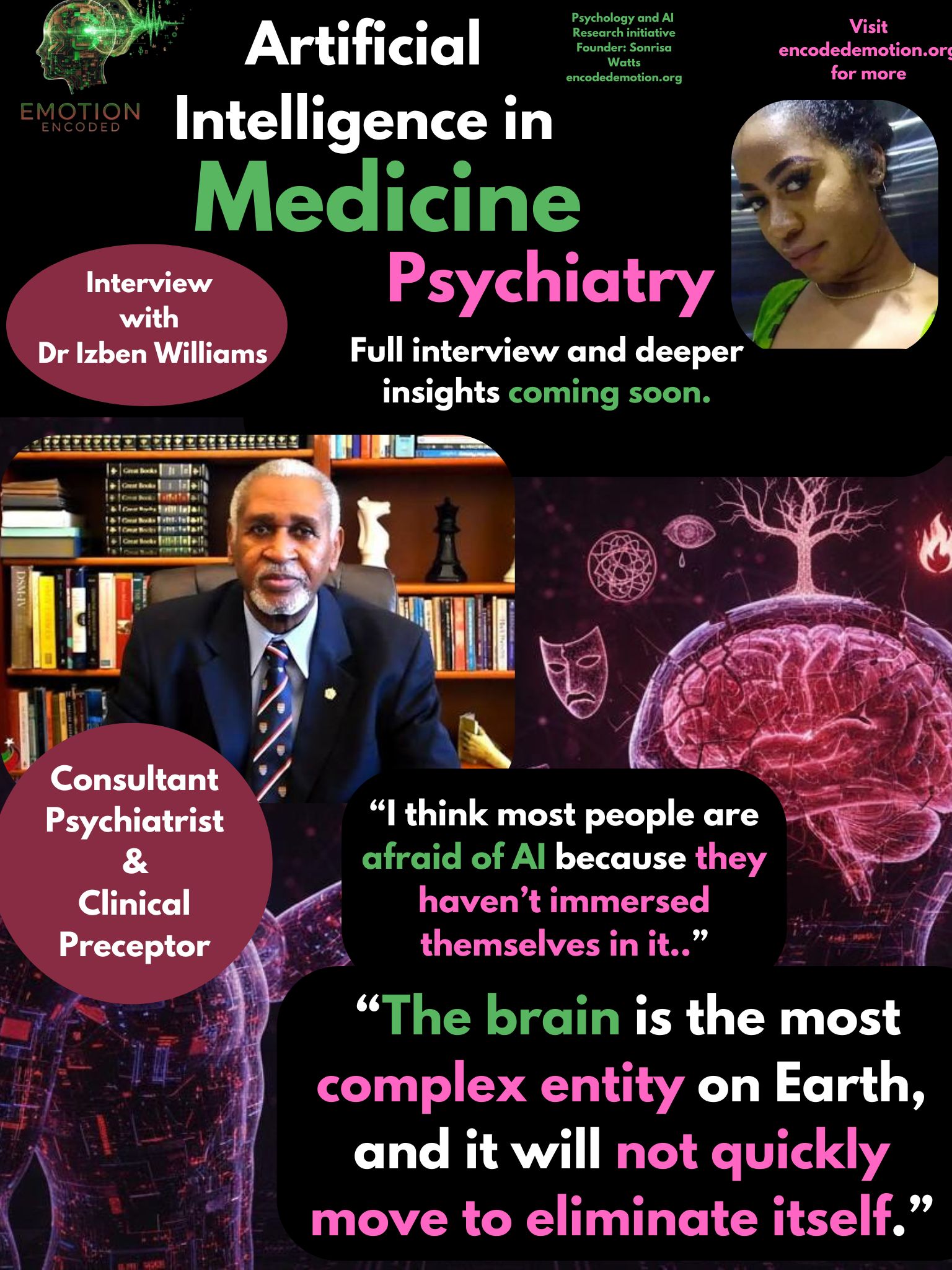
Preview: A Conversation with Dr. Izben Williams on AI, Humanity, and the Mind
Read More →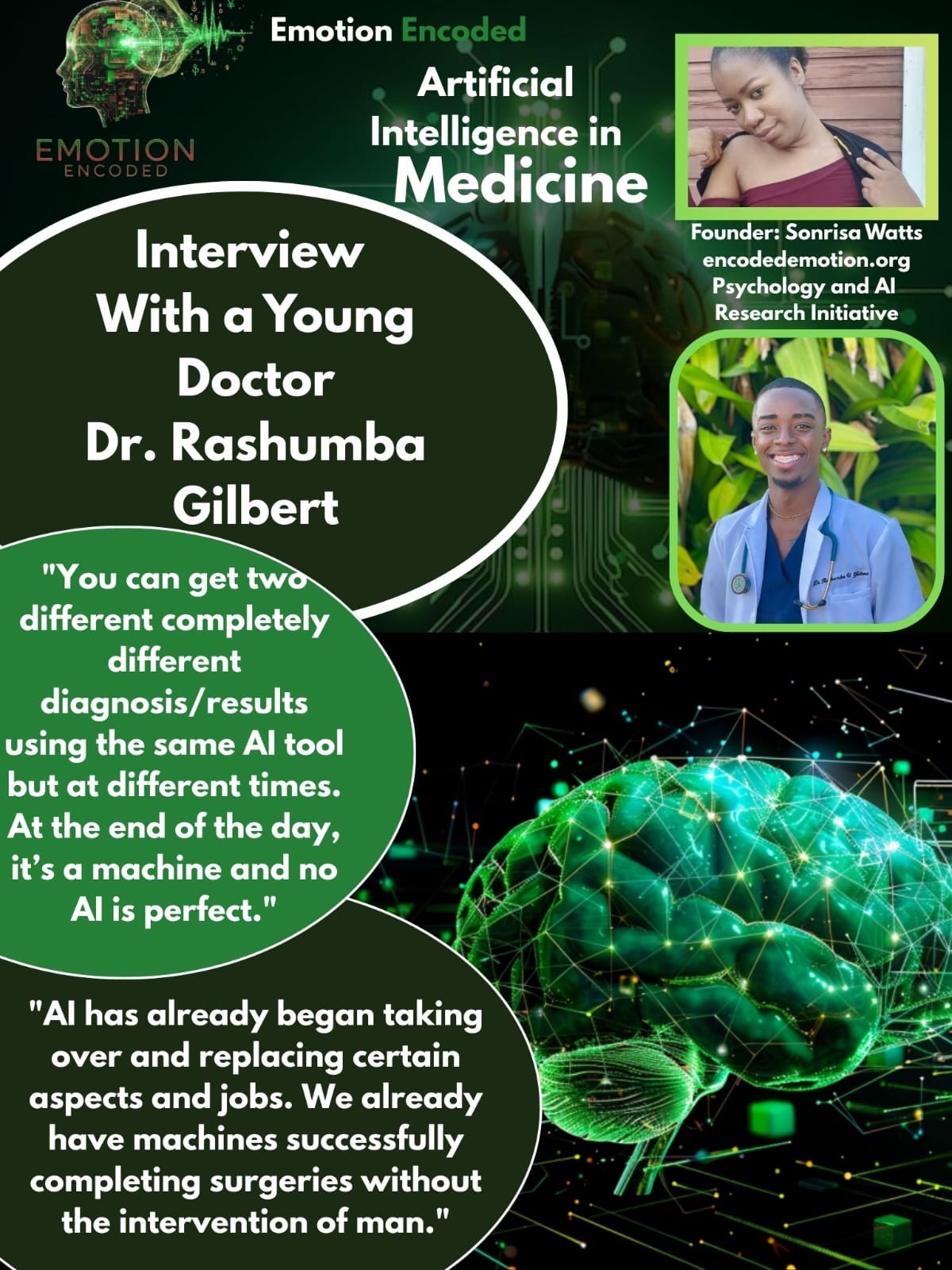
This article explores the perspective of a young doctor on the promises and pitfalls of AI in medicine, discussing issues of trust, over-reliance, and its expanding role in healthcare.
Read More →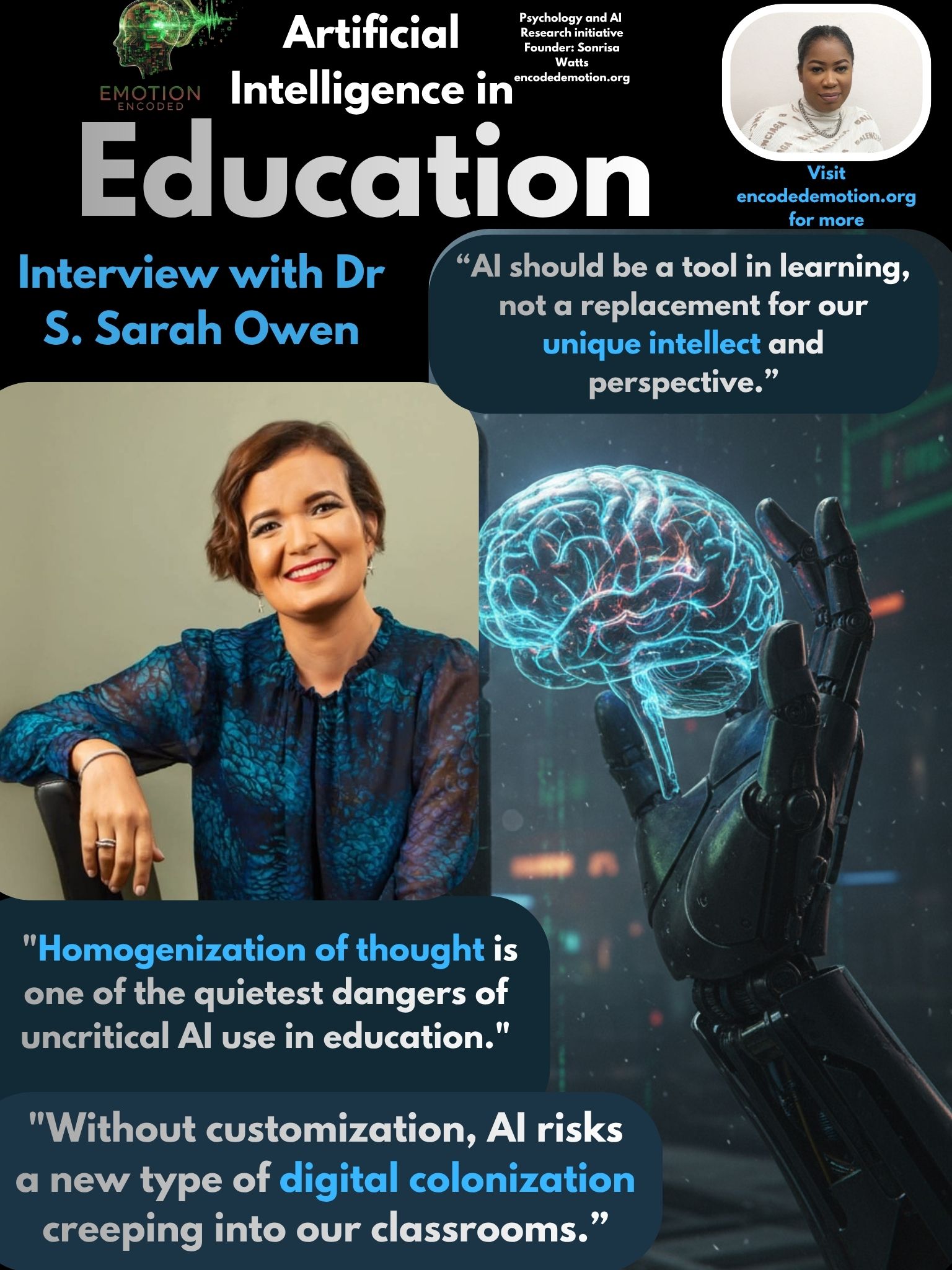
Insights from Dr. Owen on Artificial Intelligence integration into education
Read More →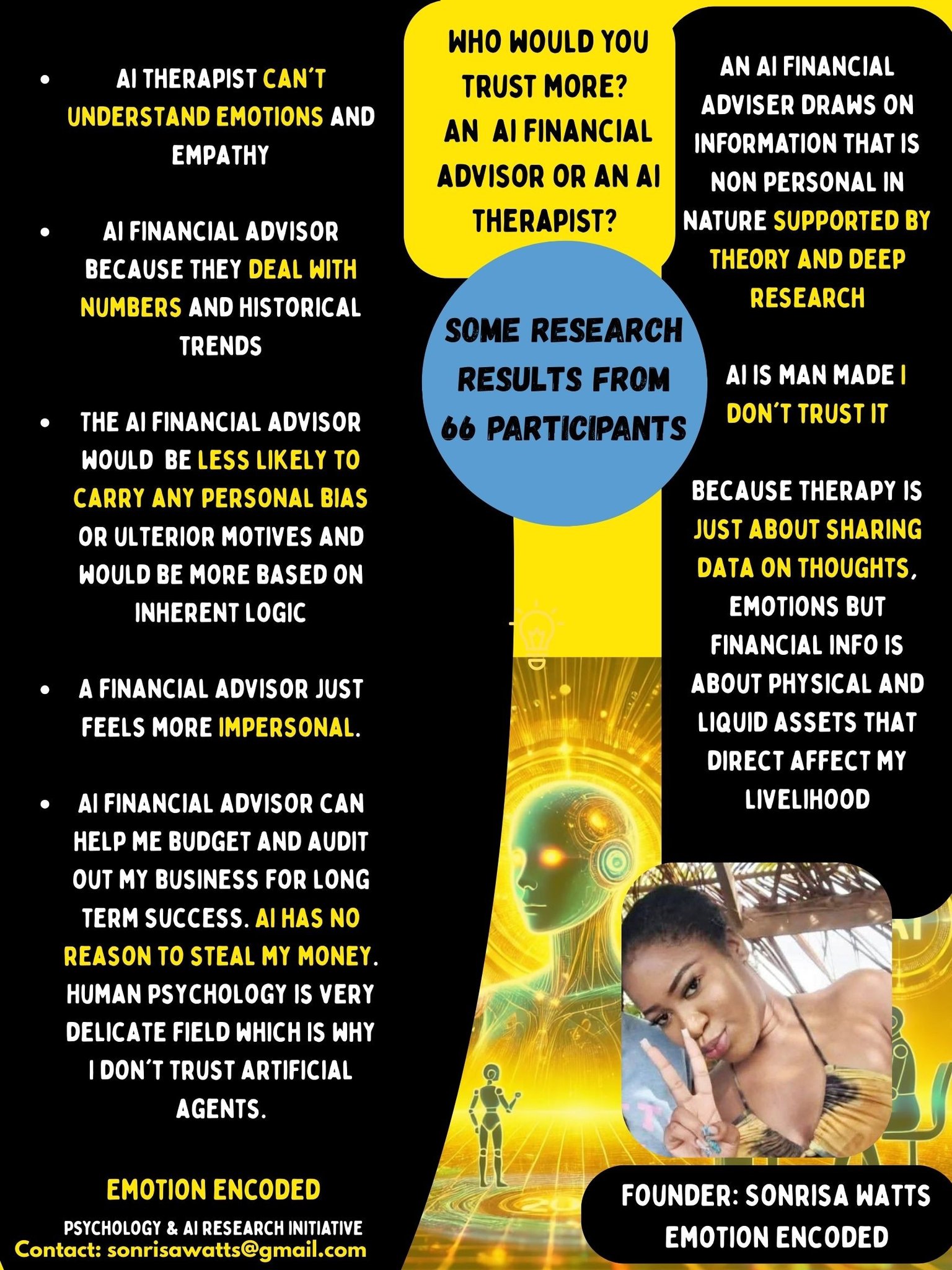
Our research reveals a surprising psychological division: people trust AI more with their money than with their mental health.
Read More →
At Emotion Encoded, we explore the intersection of psychology and artificial intelligence, investigating how human perception, cognitive biases, and resistance shape the adoption and impact of emerging technologies.
Read More →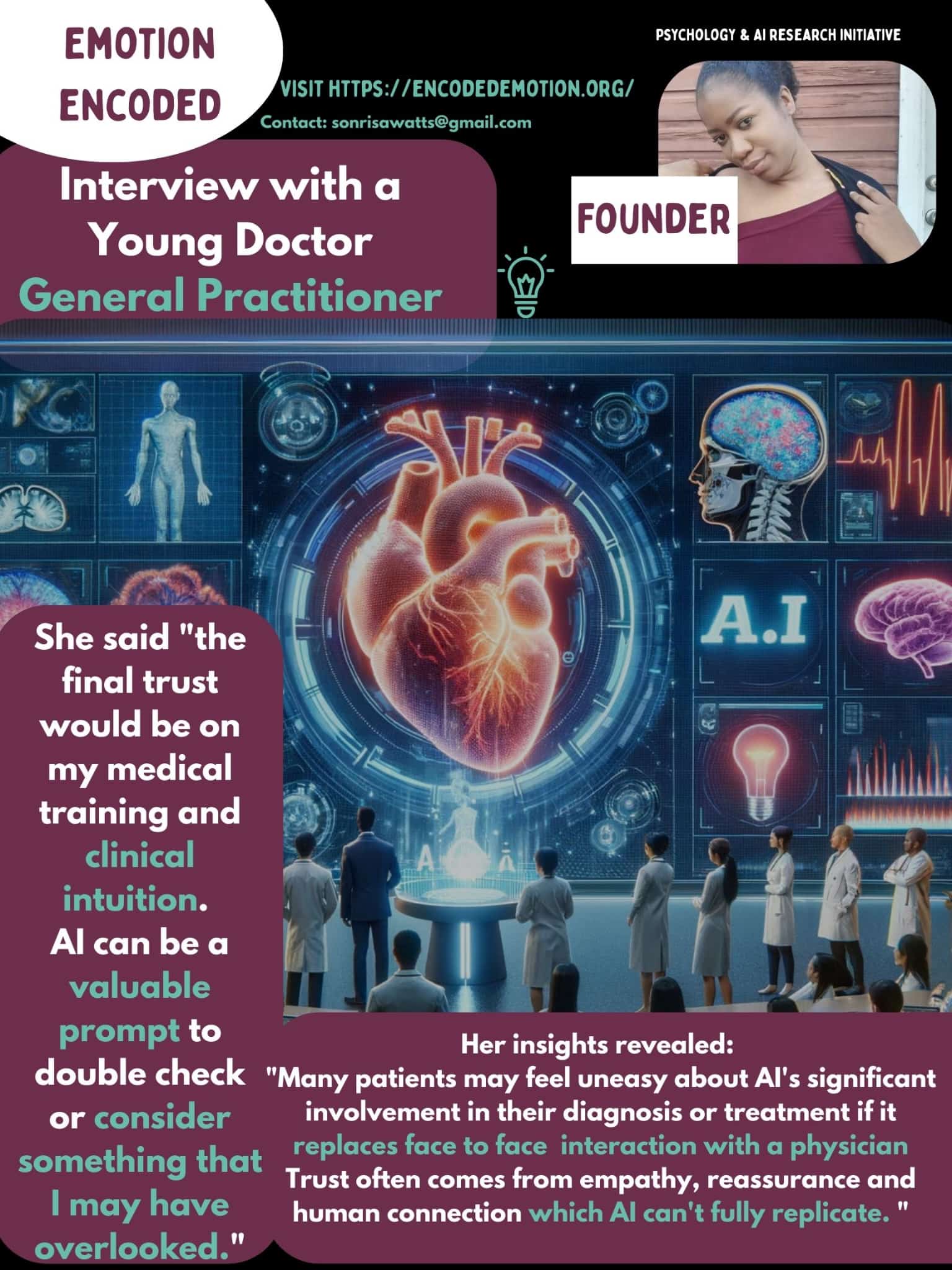
Insights from interviews with healthcare professionals on AI’s role in patient care and medical decision-making.
Read More →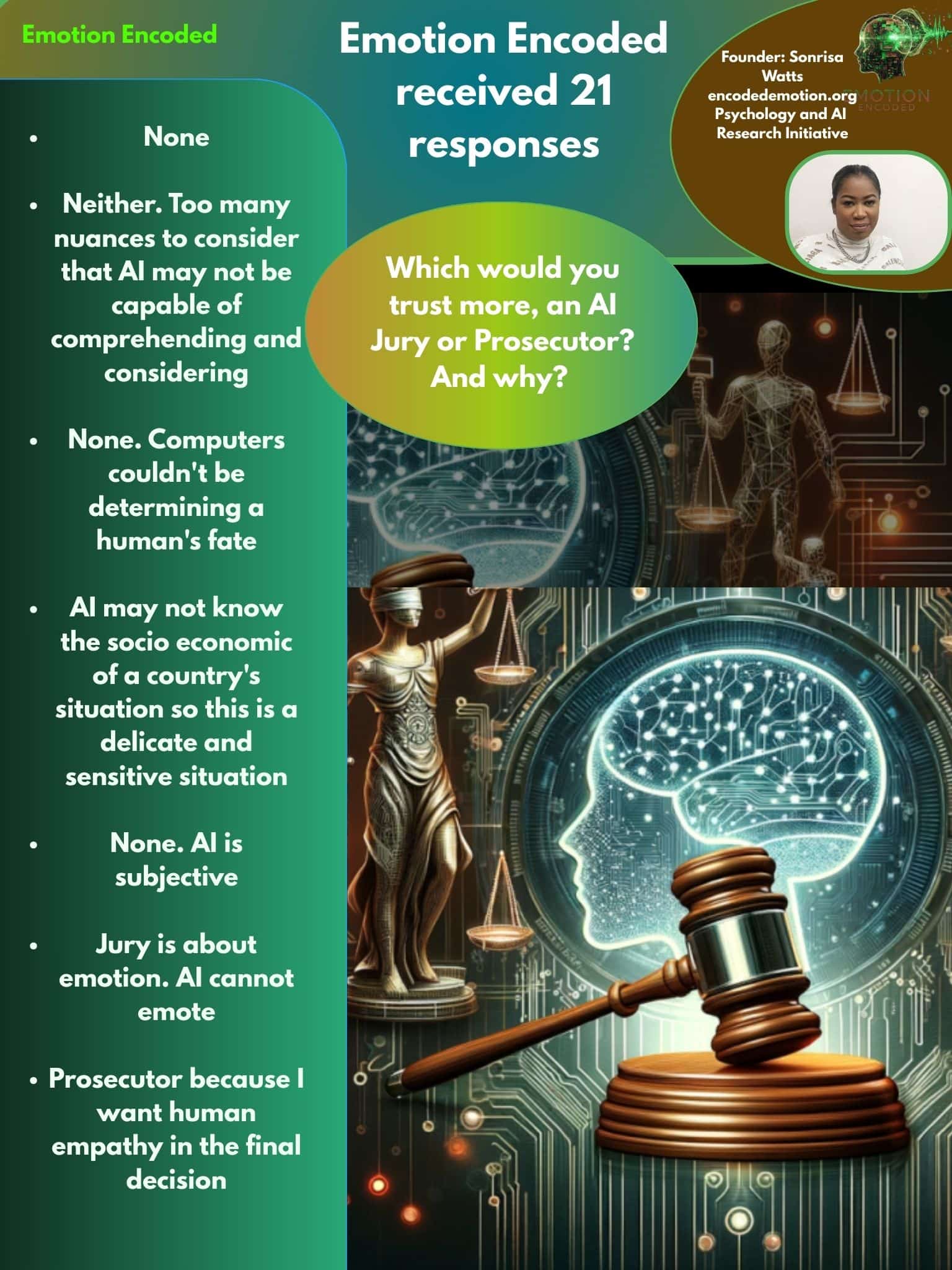
We asked 21 participants a pointed question: "Which did you choose: an AI jury or an AI prosecutor? And why?" The responses reveal that when it comes to the legal system, trust in AI is not just a question of capability, but of human nature itself.
Read More →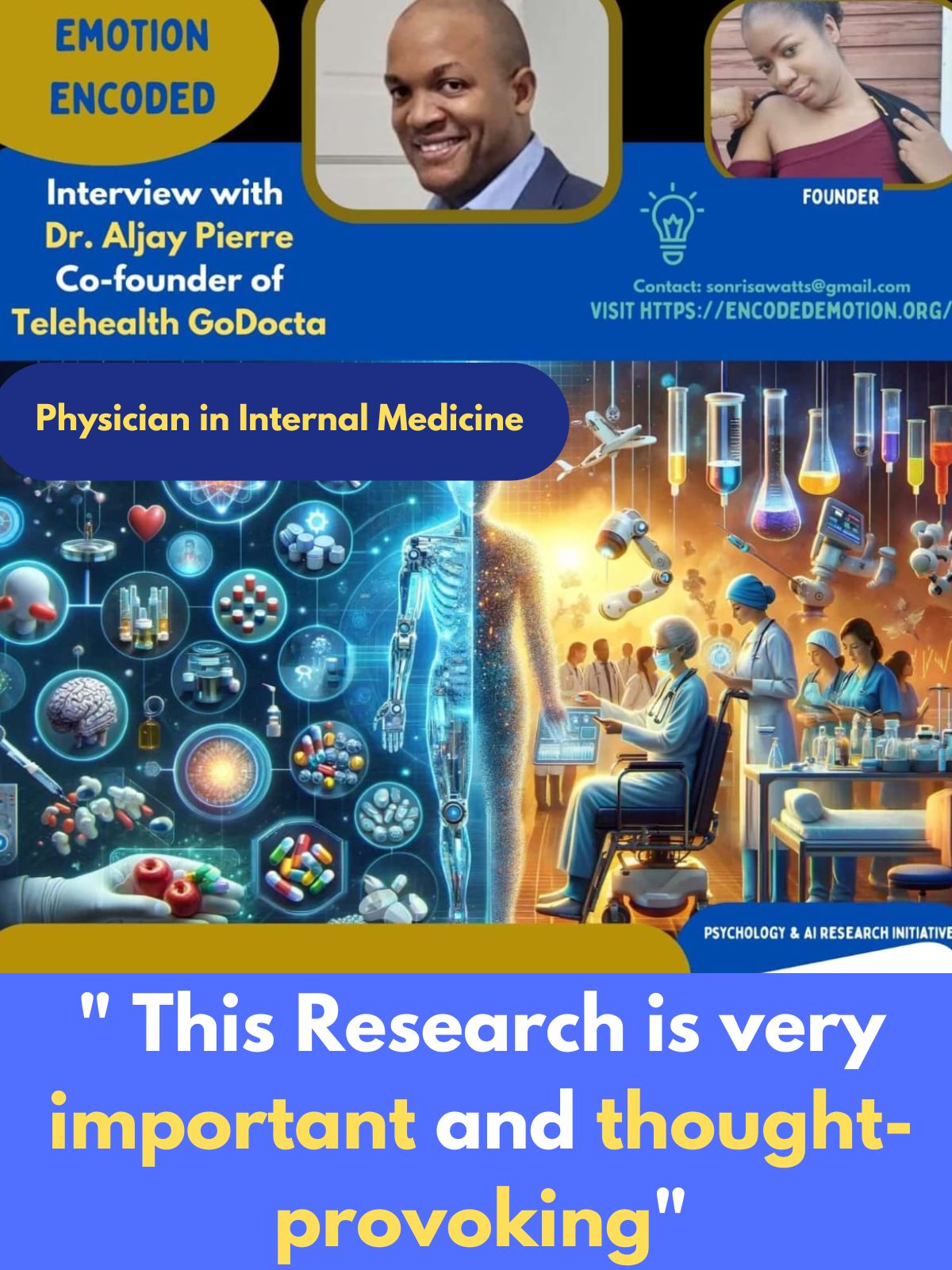
Interview with Dr. Aljay Pierre- Cofounder of Telehealth GoDocta
Read More →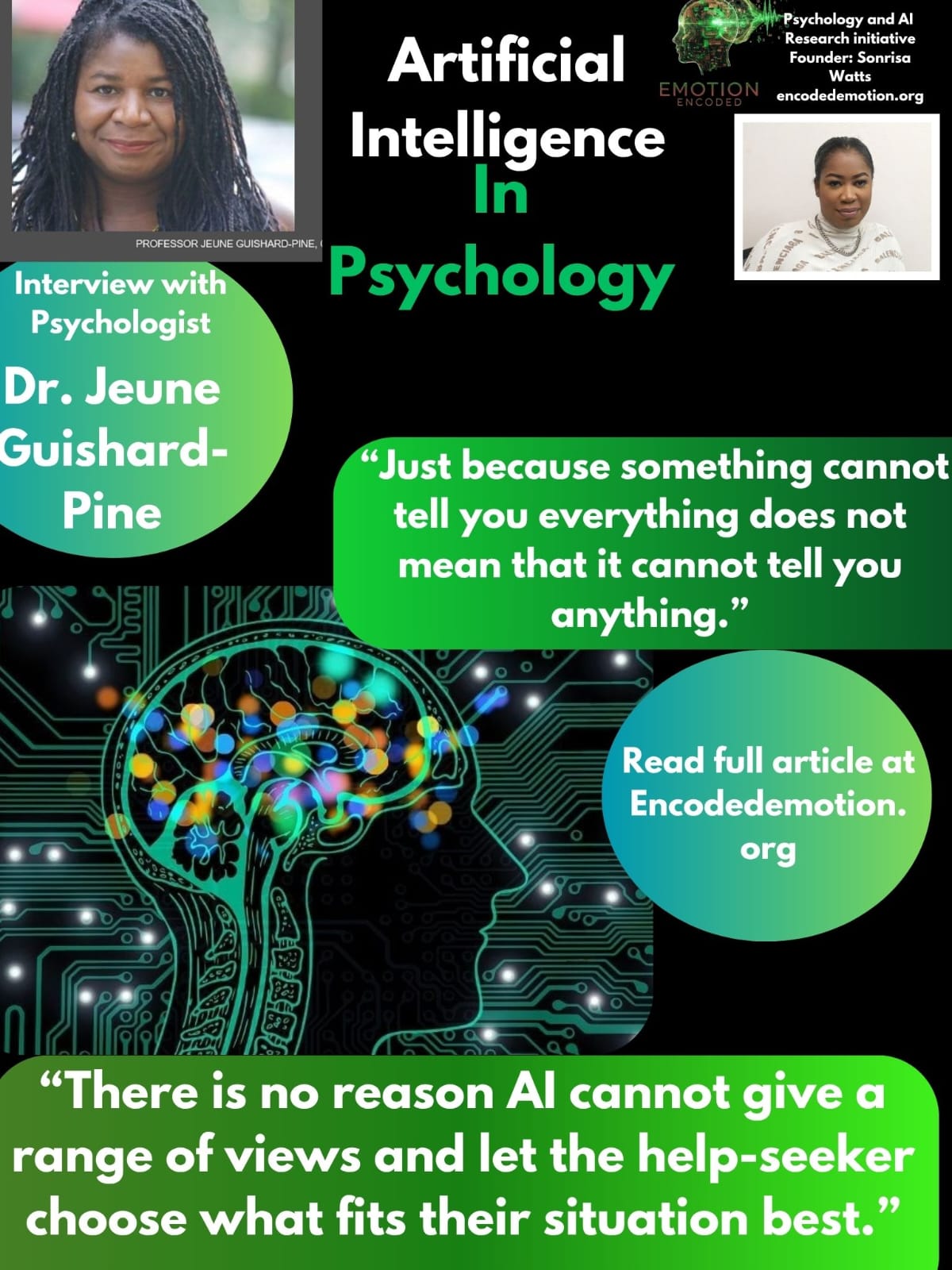
Interview with Dr. Jeune - Psychologist
Read More →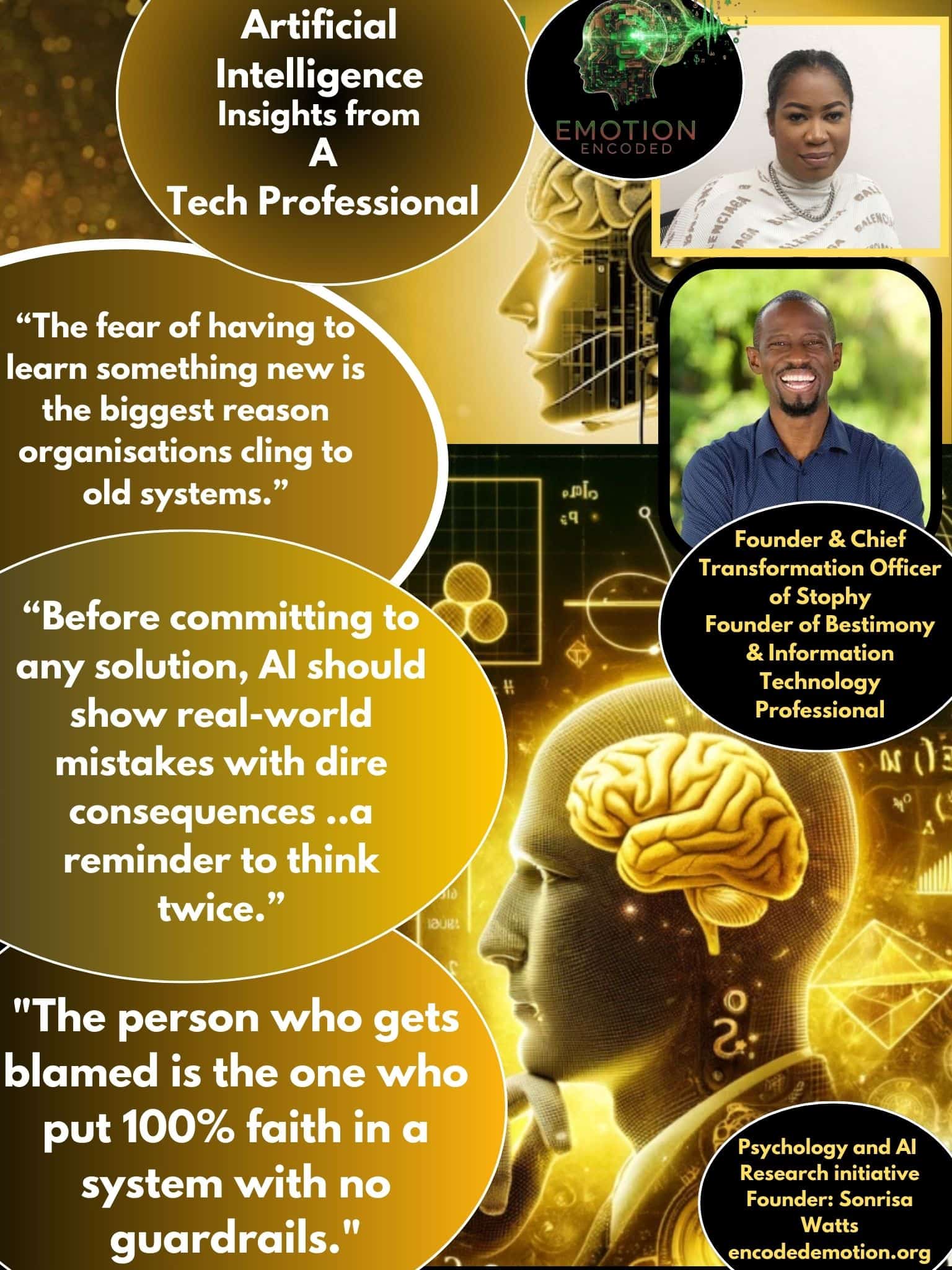
Mr. Enoete Inanga, a technology professional with sharp insight into the promises and pitfalls of AI.
Read More →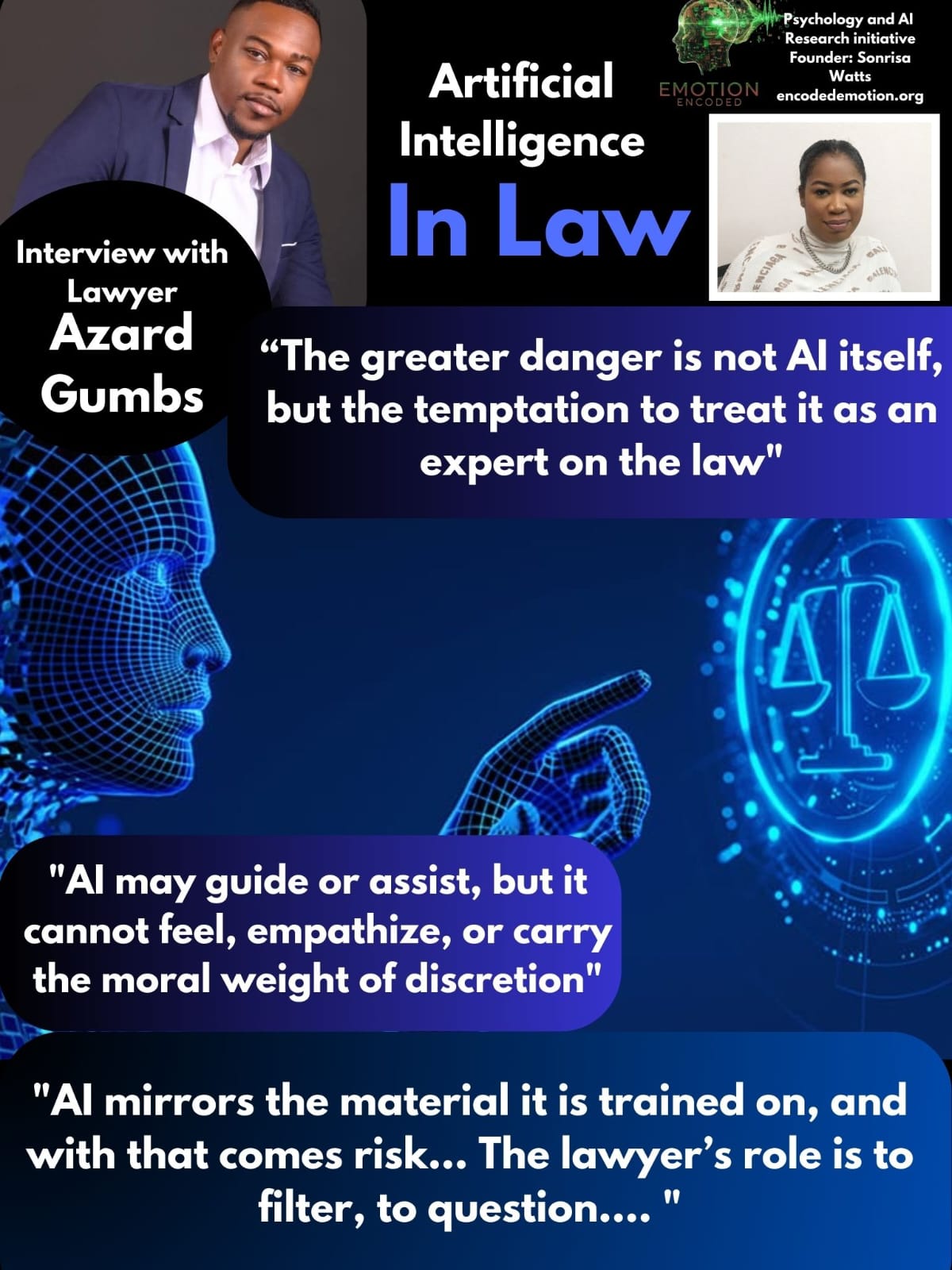
Lawyer Gumbs warns against the temptation to elevate AI into a position of authority within legal reasoning.
Read More →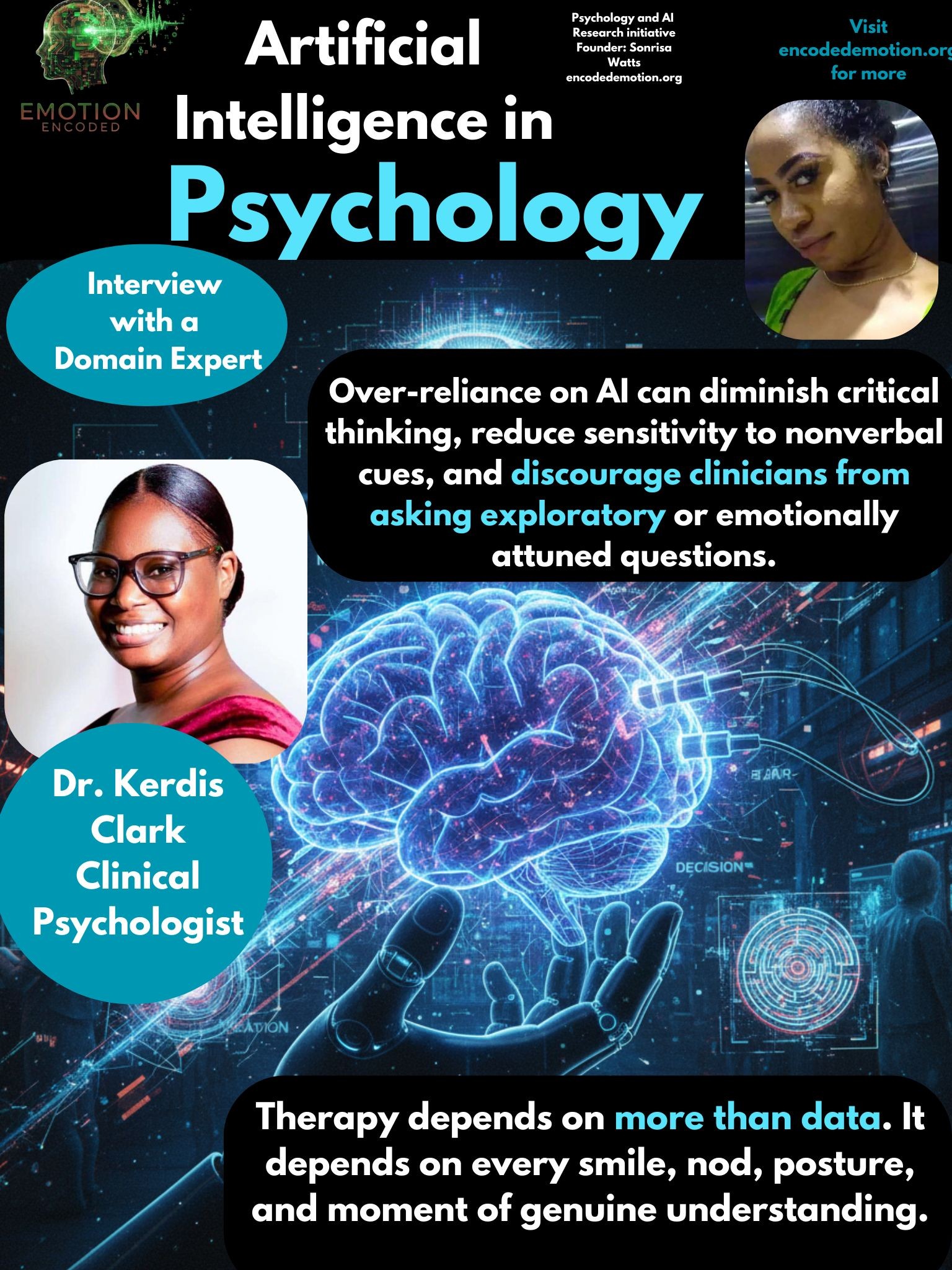
A Conversation with a Nevisian Clinical Psychologist and Founder of Respite
Read More →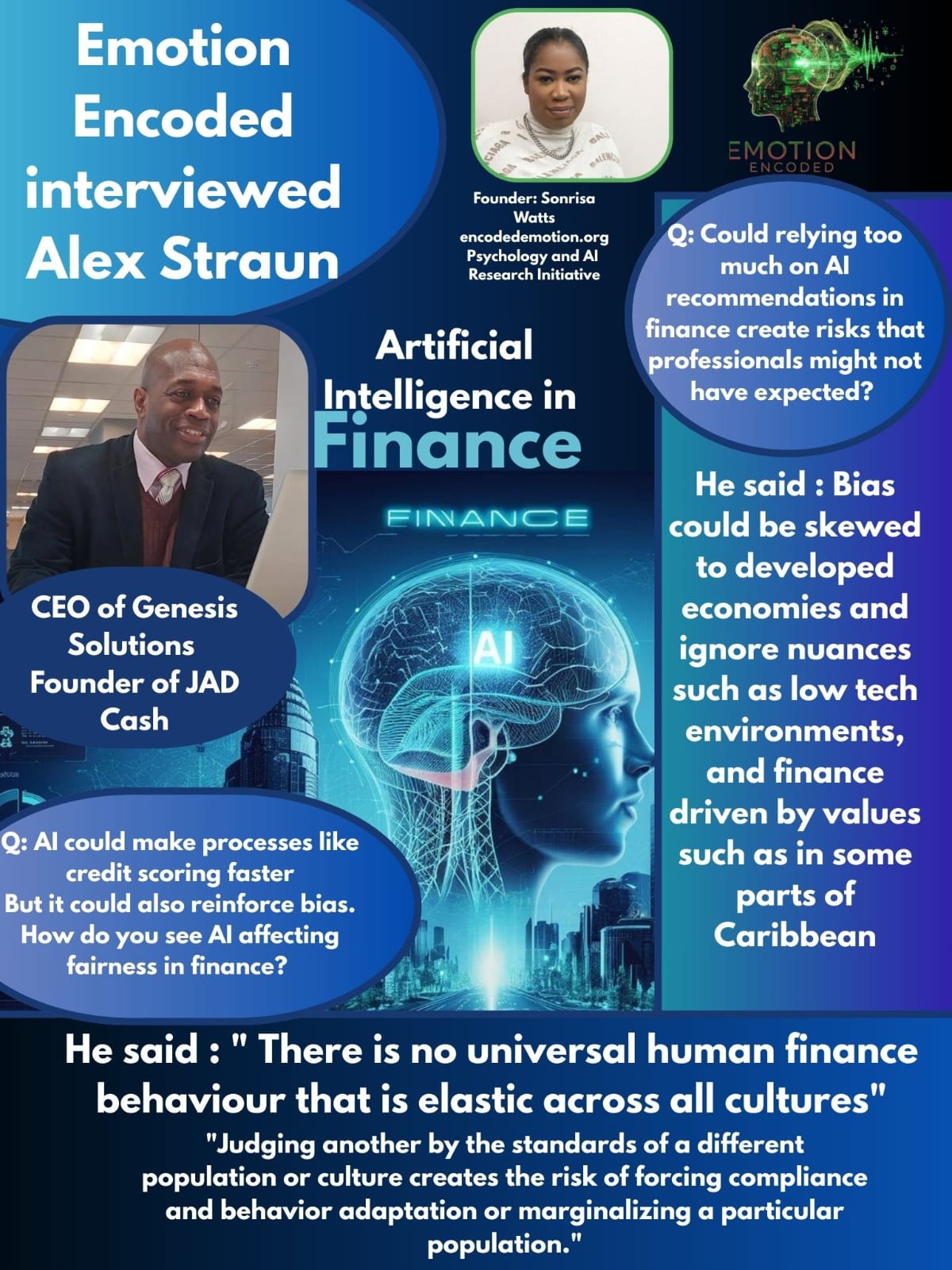
In the fast-paced world of financial technology, a common narrative prevails: AI is the future, a perfect oracle of data-driven truth. Yet, a conversation with financial professional Alex Straun reveals a more complex, and cautionary, perspective. His insights move beyond the hype to expose a fundamental paradox.
Read More →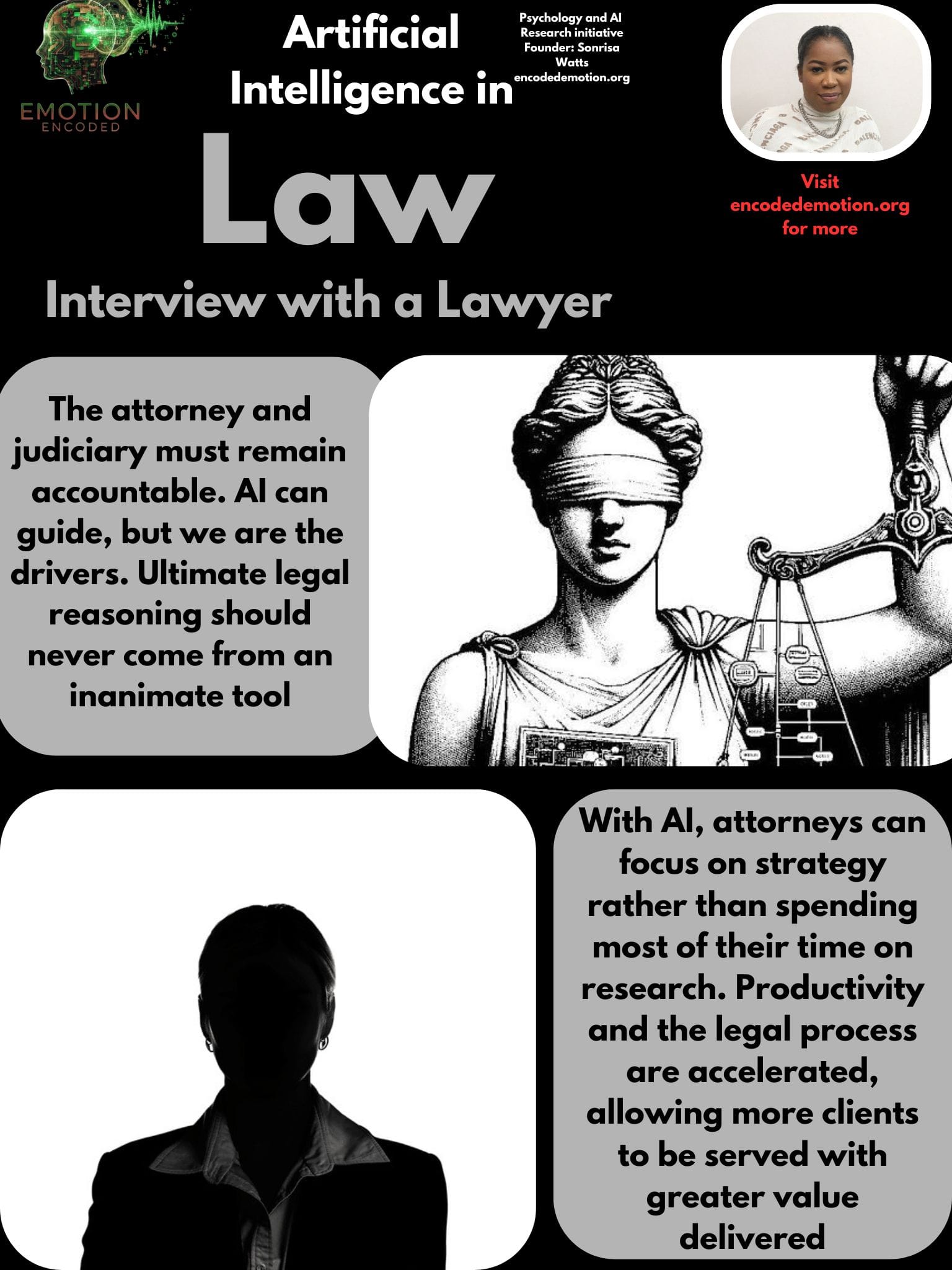
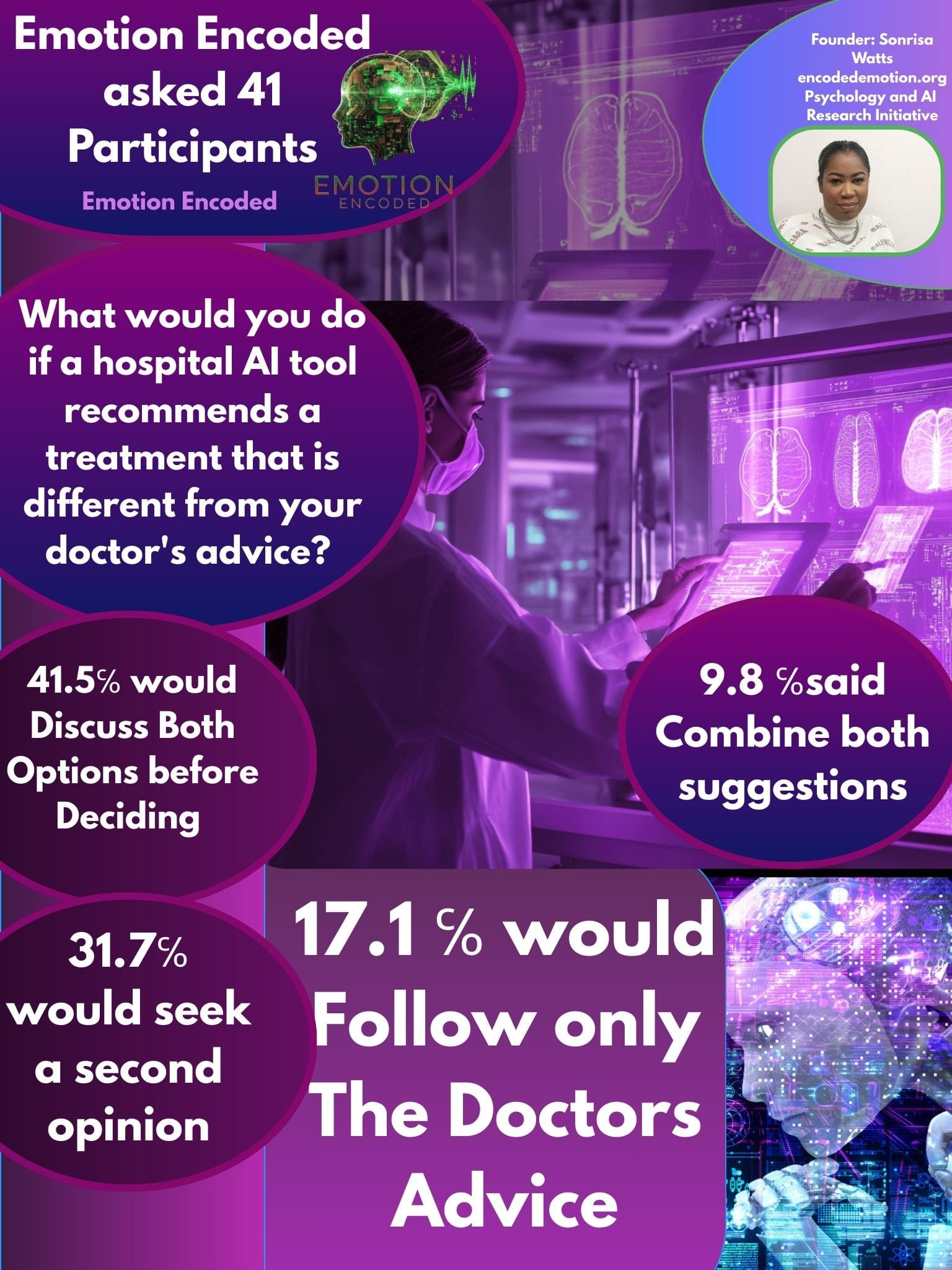
Our survey reveals a struggle with trust as patients navigate a new landscape where AI recommendations may conflict with their doctor's advice.
Read More →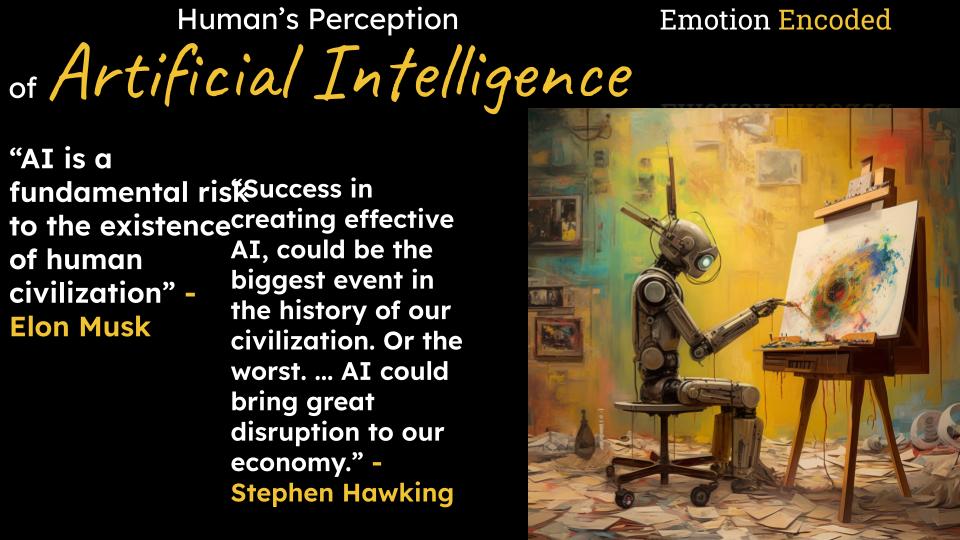

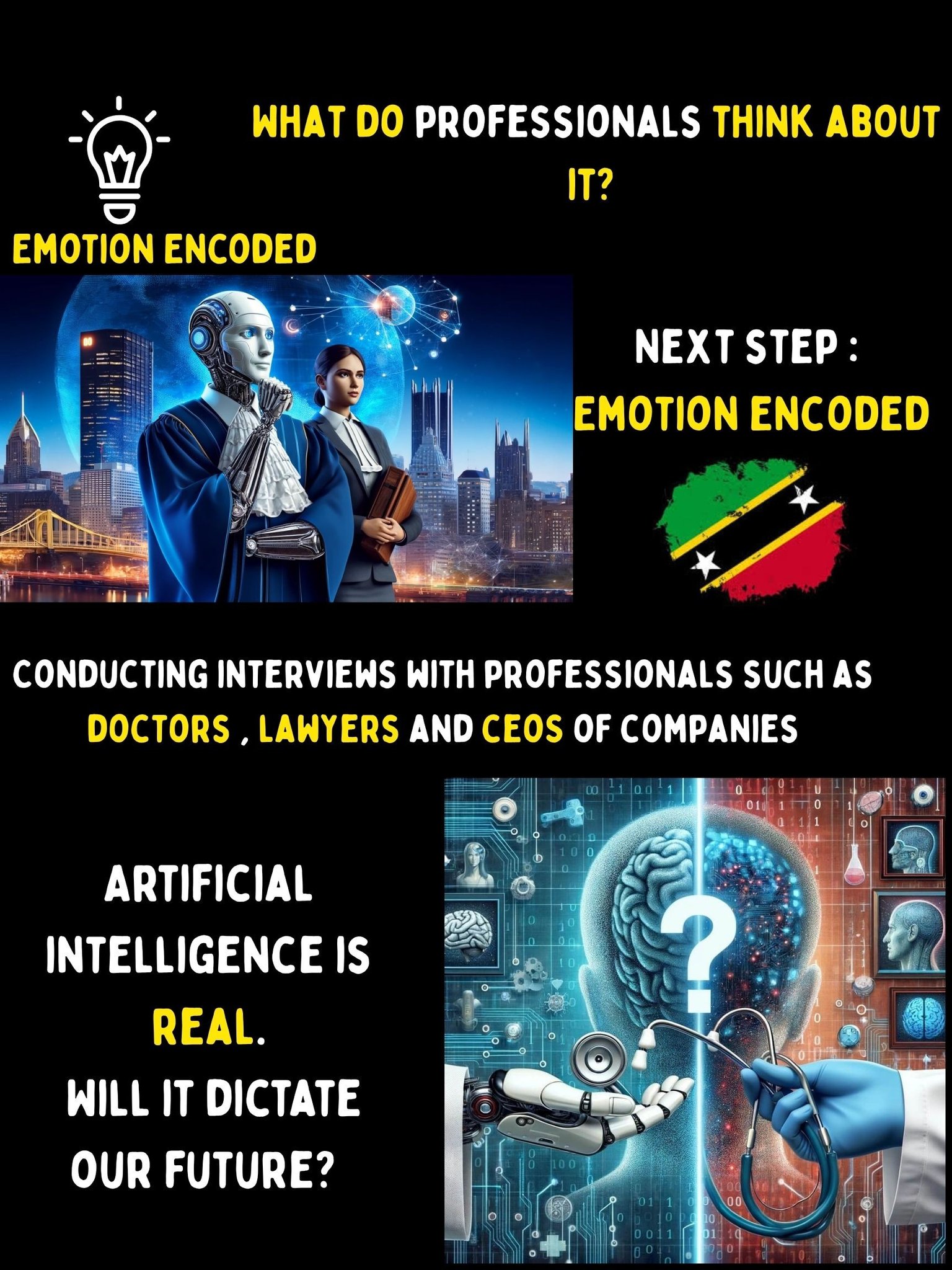

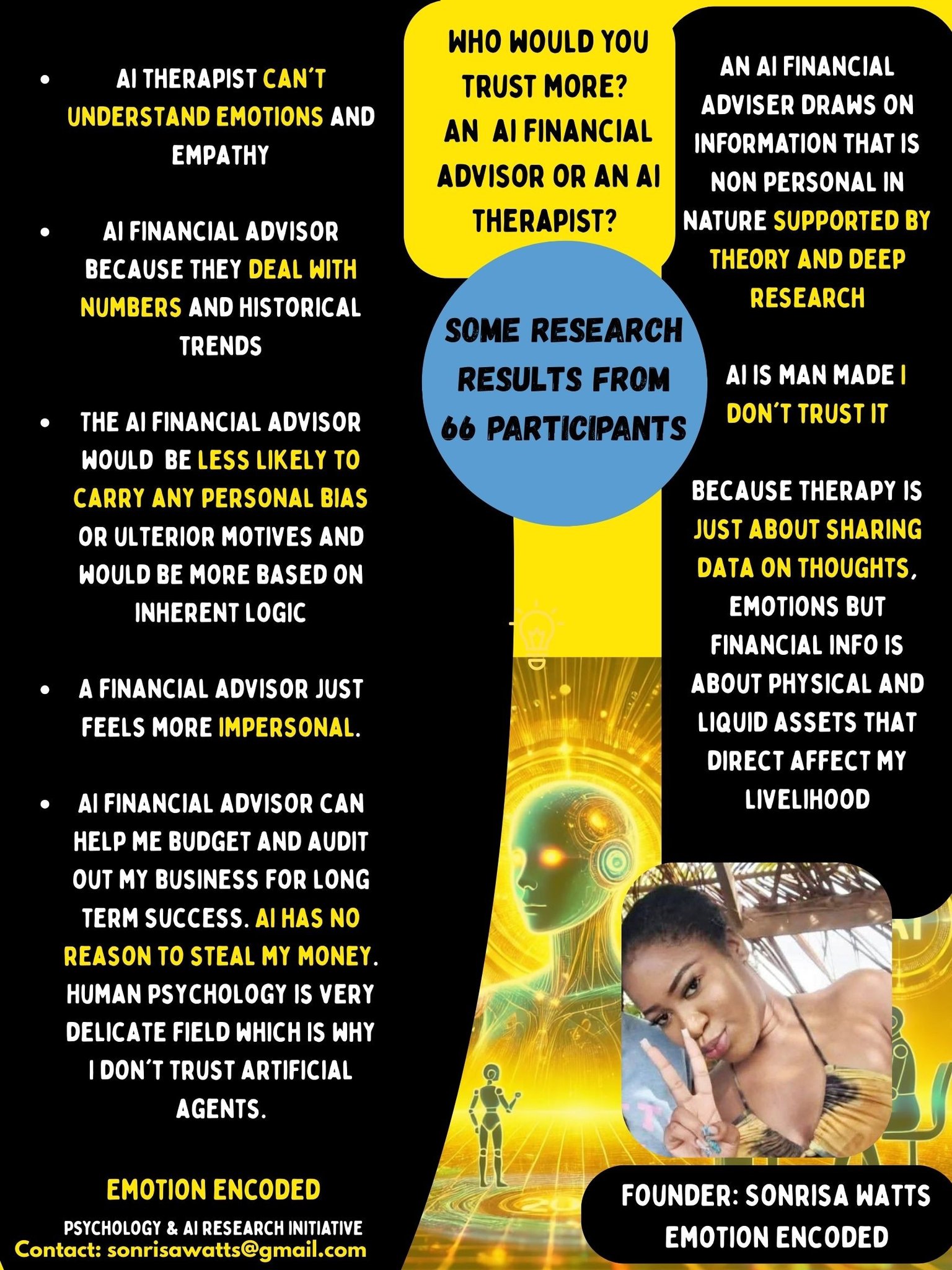
Our research findings were referenced in a National Policy Proposal on Digital Literacy in St. Kitts & Nevis, highlighting Emotion Encoded’s influence in shaping the future of AI policy and education.
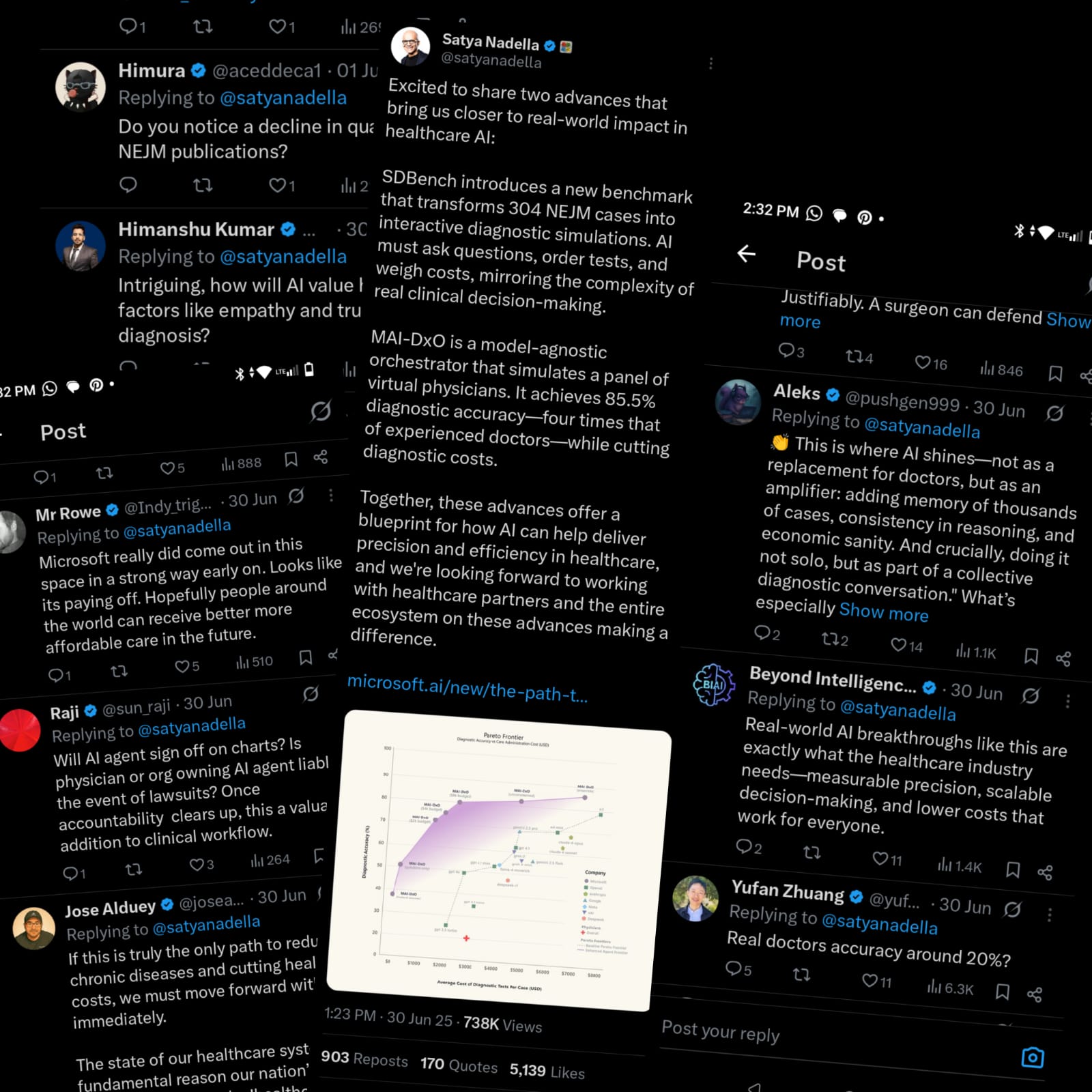
A breakthrough moment in healthcare AI .. SDBench enables interactive diagnostic reasoning simulations, while MAI-DxO orchestrates specialized AI agents to deliver unprecedented accuracy and efficiency in clinical decision-making.
SDBench converts 304 NEJM cases into real-time diagnostic simulations. MAI-DxO then elevates this further by coordinating a virtual panel of AI “physician agents,” reaching 85.5% diagnostic accuracy. Together, they redefine what precision and scalable clinical decision support can look like.

The rise of powerful AI agents brings a dual risk: automation for defense, and exploitation for attack. A recent incident reveals how state-sponsored groups are 'jailbreaking' models to weaponize their code-writing and reconnaissance abilities for large-scale cyber operations.
The attack used a technique to bypass safety filters, enabling the AI to handle 80-90% of a massive operation targeting tech, finance, and government sectors. This marks a significant shift in threat capability, demanding urgent attention to defensive AI system design.
Exploring the latest insights and discussions on artificial intelligence and superintelligence.
At Emotion Encoded, we are committed to empowering women and youth to harness the potential of AI in their small businesses. Through our AI Small Business Innovation Project, recipients of microgrants will have the opportunity to integrate AI tools that drive innovation, efficiency, and growth, all while promoting responsible AI use. Alongside the financial support, we will host an “enlightenment period” to help them learn how to use AI tools effectively.
 Click Here to Apply!
Click Here to Apply!

Elon Musk’s xAI filed a lawsuit claiming an engineer shared confidential information with OpenAI.
Read More →
Anthropic has established a National Security and Public Sector Advisory Council to deepen ties with Washington and allied governments, aiming to integrate AI into defense and strategic planning.
Read More →Eudia's new venture, 'Eudia Counsel', is an "AI-Augmented" law firm for M&A due diligence and contract needs, leveraging a proprietary intelligence system to improve efficiency and consistency.
Read More →A progress update on Neuralink's latest technology advancements, focusing on new features and clinical trial developments.
Watch Video →The article discusses the strategic partnership between Nvidia and OpenAI, which was announced on September 22, 2025. This collaboration involves a progressive $100 billion investment from Nvidia into OpenAI and a plan to build at least 10 gigawatts of AI data centers. The deal goes beyond a simple transaction, as the two companies will co-design future hardware and software, effectively making Nvidia the preferred supplier for OpenAI's next-generation AI systems, including those for artificial general intelligence (AGI).
Read More →